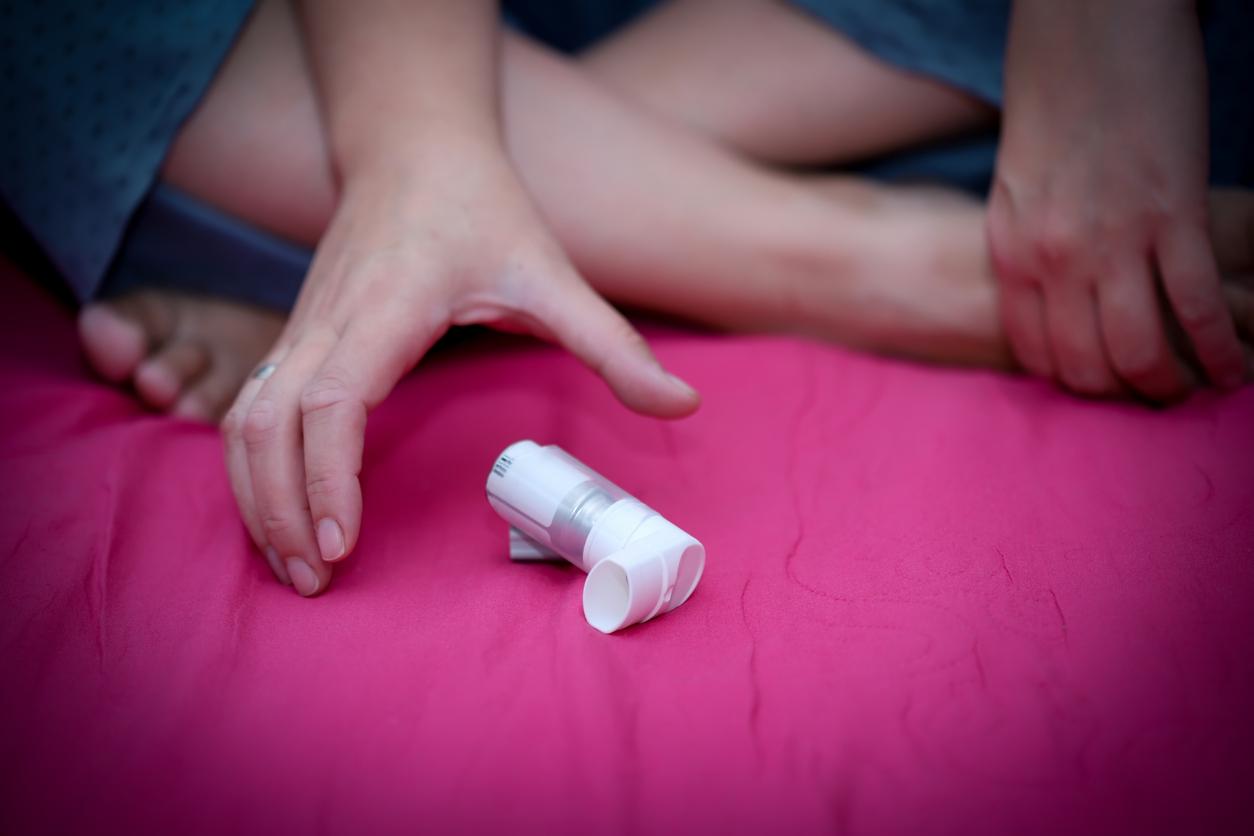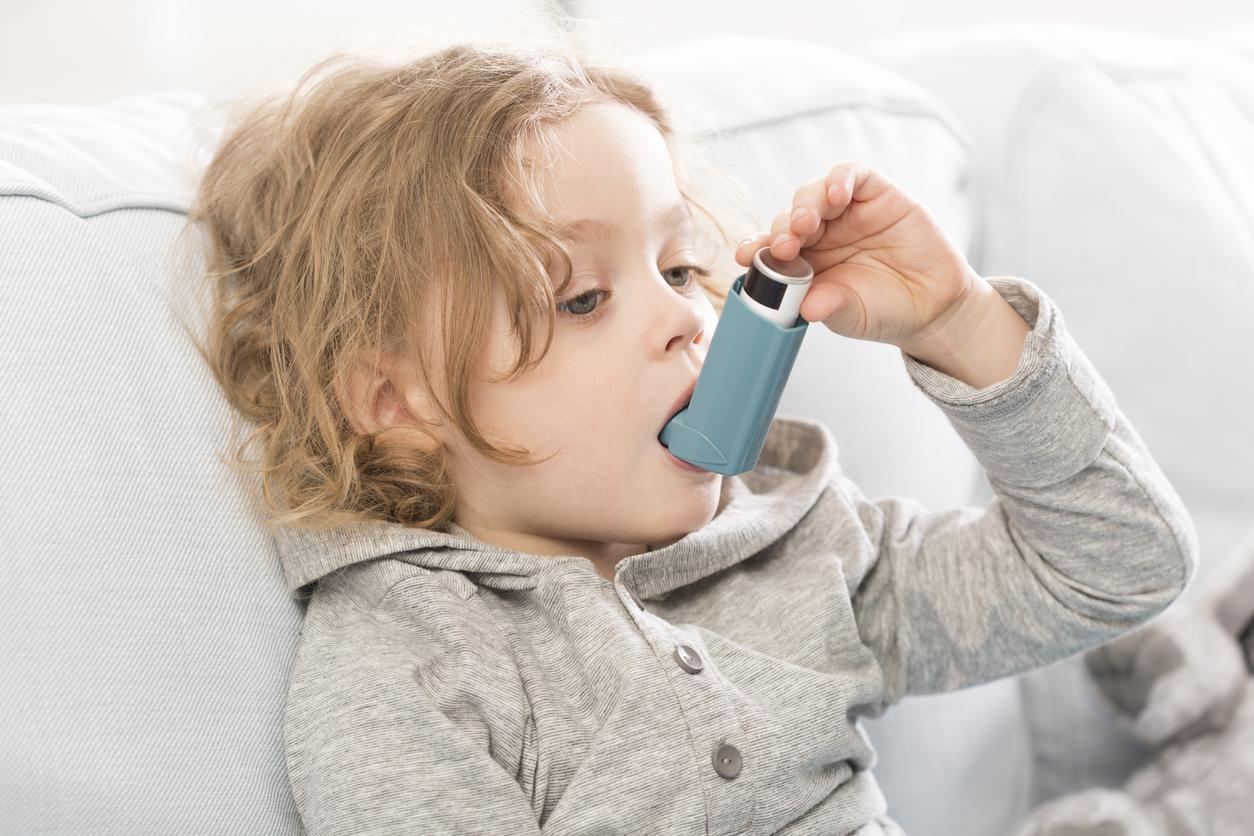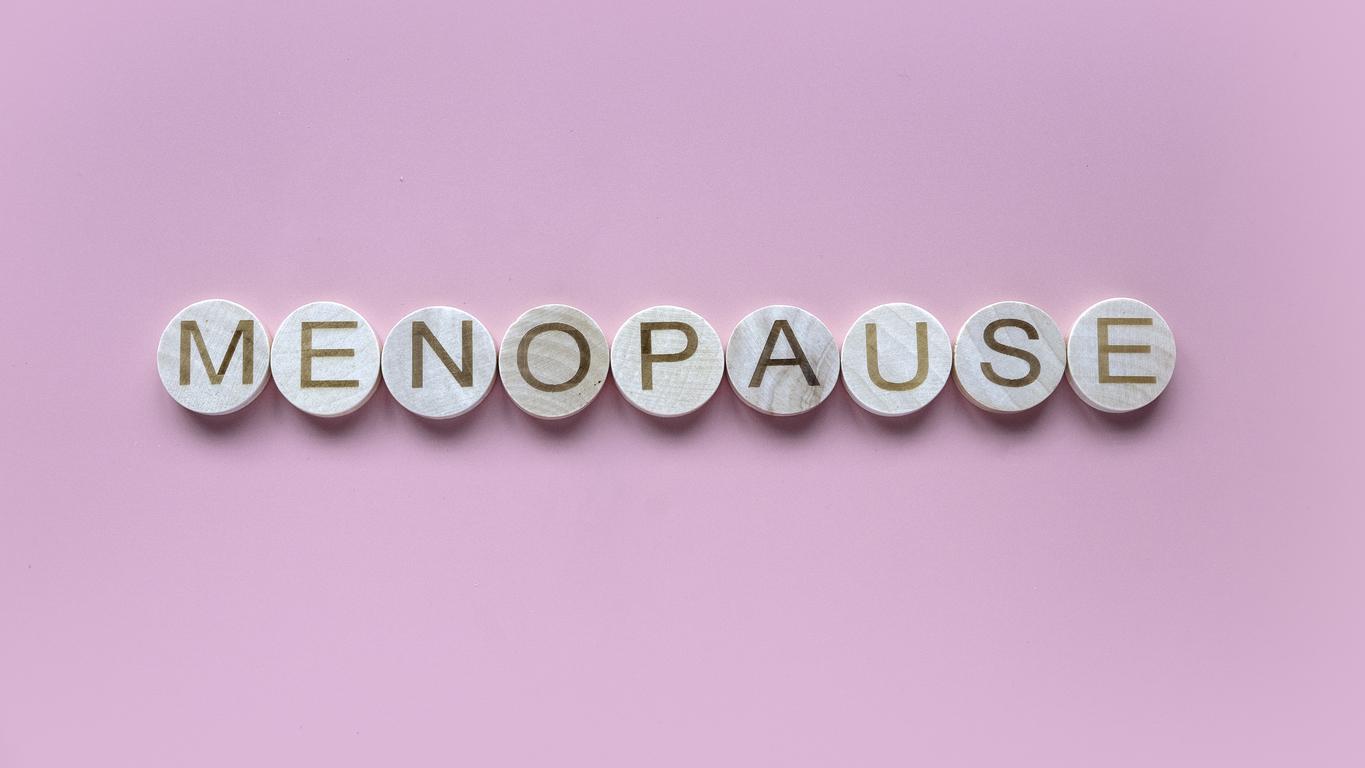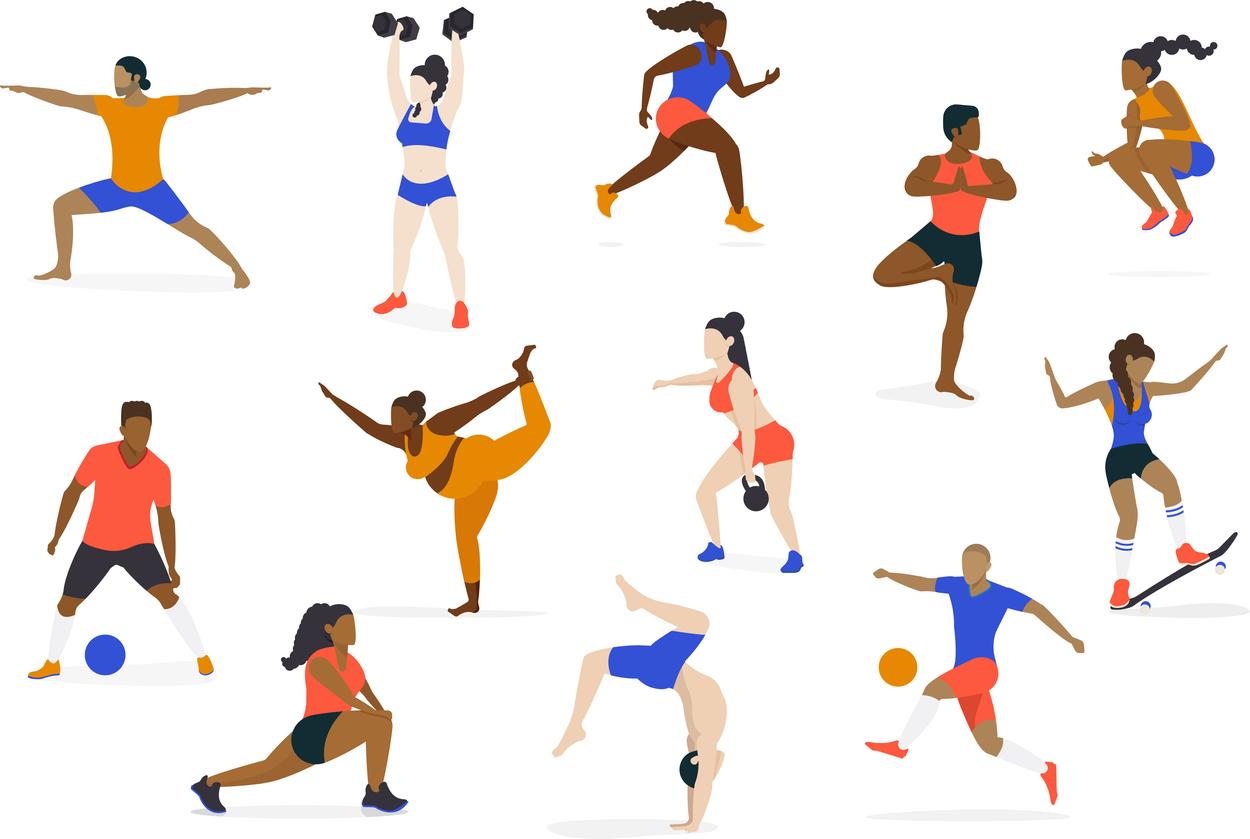After Christopher Froome’s positive salbutamol test on the Vuelta, the question arises as to the reality of the asthma from which the runner would be affected. Some doubt it, yet there are many arguments that exercise can cause asthma.

To improve your breath, nothing like sport! This advice that any doctor lavishes is however seriously undermined by a recent study.
This advice, many top athletes must bitterly regret having followed it. Because, after having conducted a survey of 1,600 high-level Norwegian athletes, pulmonologists conclude that one in ten athletes suffers from asthma or wheezing. Especially marathon runners, swimmers and cross-country skiers.
The case of Froome is therefore not an isolated case and the observation that there are proportionally more asthmatics in athletes than in the general population does not mean that it is about doping. Especially since salbutamol is a rather modest doping agent.
Several factors cause asthma in athletes
The reasons for asthma are different from sport to sport. For the marathon, it seems that the seasonal conditions are involved. Plenty of pollen in the air in spring, cold in winter.
Same observation for cross-country skiers, but we must add to the cold a 2e factor: dry air. And the effect of these 2 factors would explain why the members of the Swedish and Norwegian national teams are “asthma” once in two.
In a temperate environment, the air that an athlete breathes in full effort warms up slowly as it enters the airways. On the other hand, when the inhaled air is frozen, the necessary warming is greater and the bronchi contract. In addition, the sustained breathing caused by exertion leads to an abundant loss of heat and water. Conditions, alas ideal, for certain cells of the bronchi to secrete a substance that will cause inflammation and therefore reduce the caliber of the pipes in our lungs, which promotes asthma.
A single parade, apart from drugs, to try to prevent the phenomenon: a mask that is placed in front of the mouth and nose. Equipped with a hollow metal grid, it will help to heat the air a little, thus reducing the damage.
Competitive swimming is also on the asthma blacklist, but here it is chlorine which is implicated, swimmers being exposed to doses close to the maximum levels authorized for the industry.
Salbutamol: not necessarily doping
So many temptations to use anti-inflammatory drugs or bronchial dilators (bronchodilators), effective but prohibited by the fight against doping … except a medical certificate attesting to an illness. But the dose is then limited.
The American Olympic Committee had reached similar conclusions after the Atlanta Games in 1996. A questionnaire answered by 700 athletes revealed that 16% suffered from asthma. The very high percentage among cyclists, 50%, had however sown the seeds of doubt. At the time, it was believed that the majority of these asthmatics were in fact bogus patients taking advantage of certificates of convenience to dope using salbutamol to improve their breathing.
The Norwegian study therefore provides a possible denial and also helps to alleviate the suspicions raised by the results of the blood tests carried out during the last Tours de France.
.

















